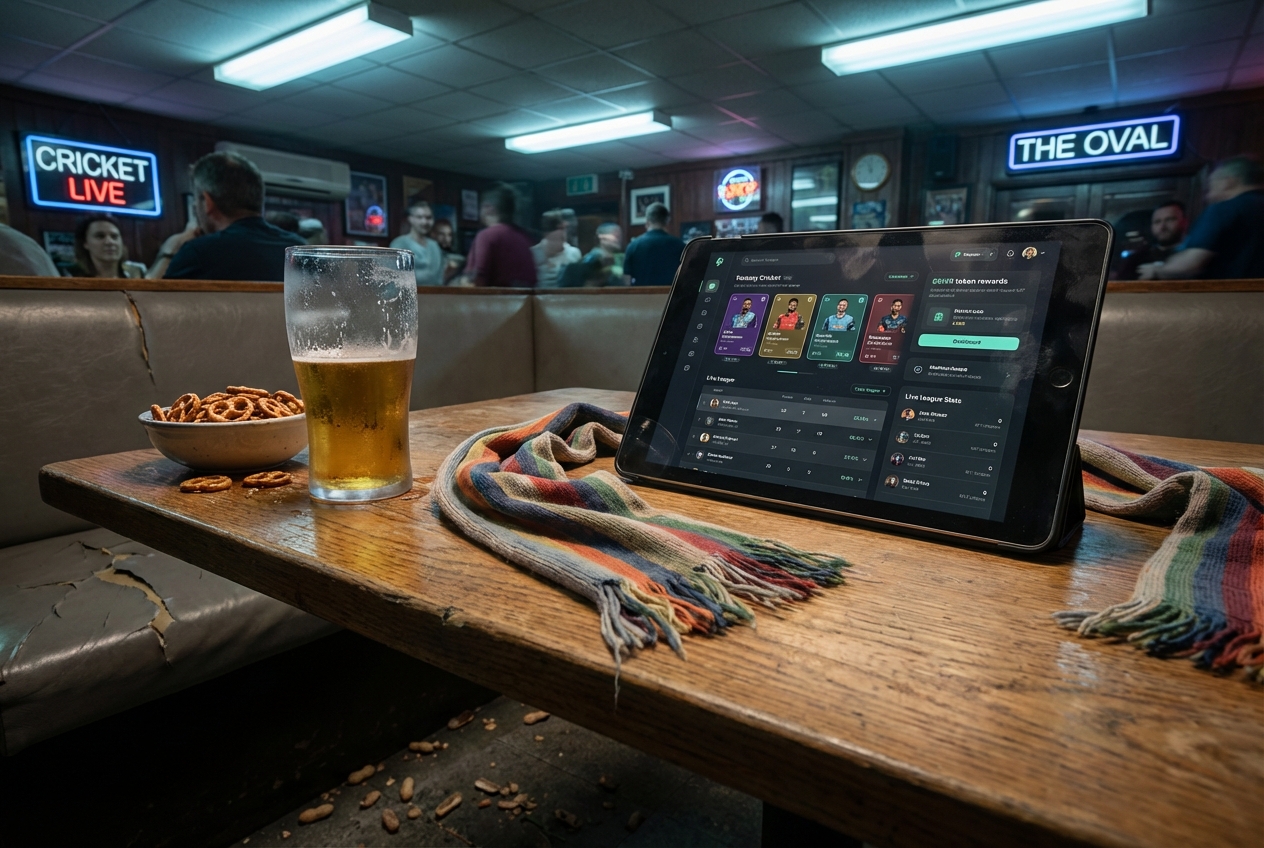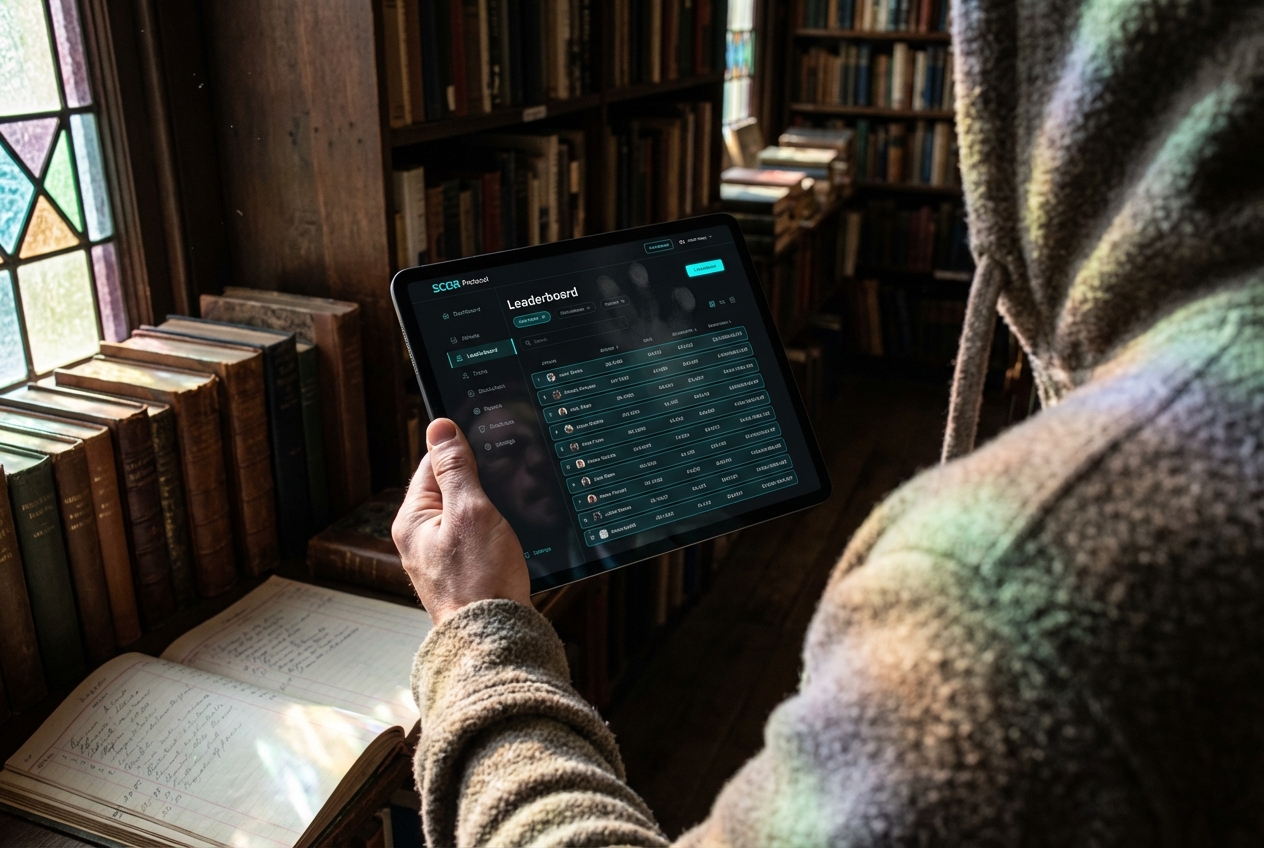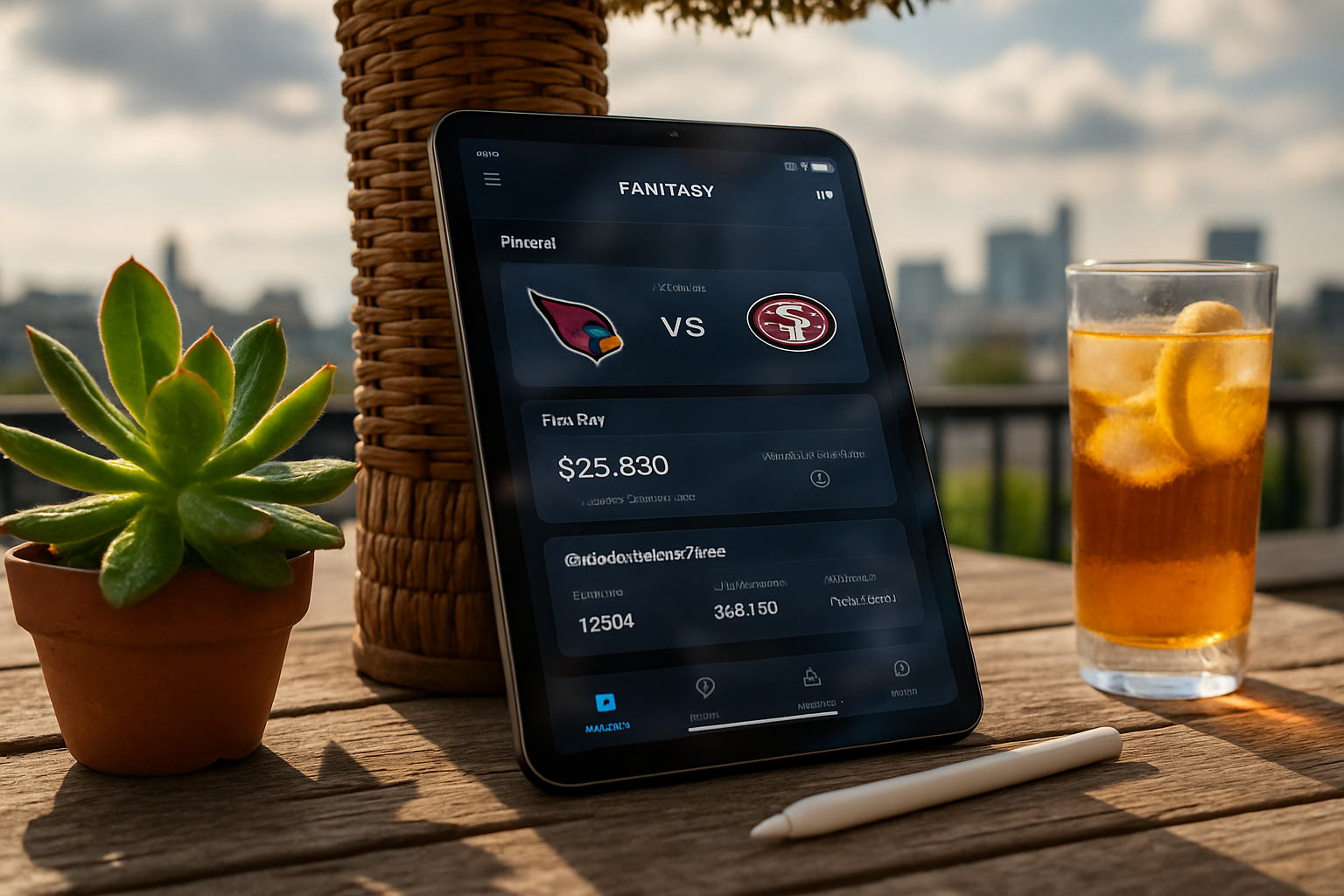
The landscape of global sports tournaments is rapidly evolving, and the emergence of on-chain World Cup competitions is at the heart of this transformation. By leveraging blockchain technology, these decentralized sports events are reshaping how fans engage, how rewards are distributed, and how transparency is maintained across international competitions. As major football and esports tournaments shift toward multi-hosted and multi-chain formats due to rising costs and logistical complexity, on-chain solutions offer a new paradigm: borderless participation, automated governance, and trustless betting, all powered by immutable smart contracts.
From Single Stadiums to Multi-Chain Arenas
Traditional World Cups, whether in football or esports, have historically been centralized affairs, often hosted by a single nation or organization. However, economic realities now dictate that only a handful of countries can afford to host these mega-events solo. This has led to multi-country hosting models in the physical world. On-chain World Cup tournaments take this concept further by enabling truly global participation without geographic constraints.
The shift isn’t just about logistics. It’s about inclusivity and access. Blockchain-based platforms like Funtico Sports are pioneering decentralized ticketing models where fans compete for Right to Buy Tickets (RTBs) for major events such as FIFA World Cup 2026. These RTBs are earned through competitive Web3 gaming hubs rather than traditional lotteries or exclusive presales, democratizing access for fans worldwide.
Learn more about Funtico’s RTB system.

Key Components of On-Chain World Cup Tournaments
Key Features of On-Chain World Cup Tournaments
-

Decentralized Ticketing and Rewards Distribution: Platforms like Funtico Sports enable fans to compete for official FIFA Collect Right to Buy Tickets (RTBs) and tokenized prize pools, all managed transparently via blockchain smart contracts.
-
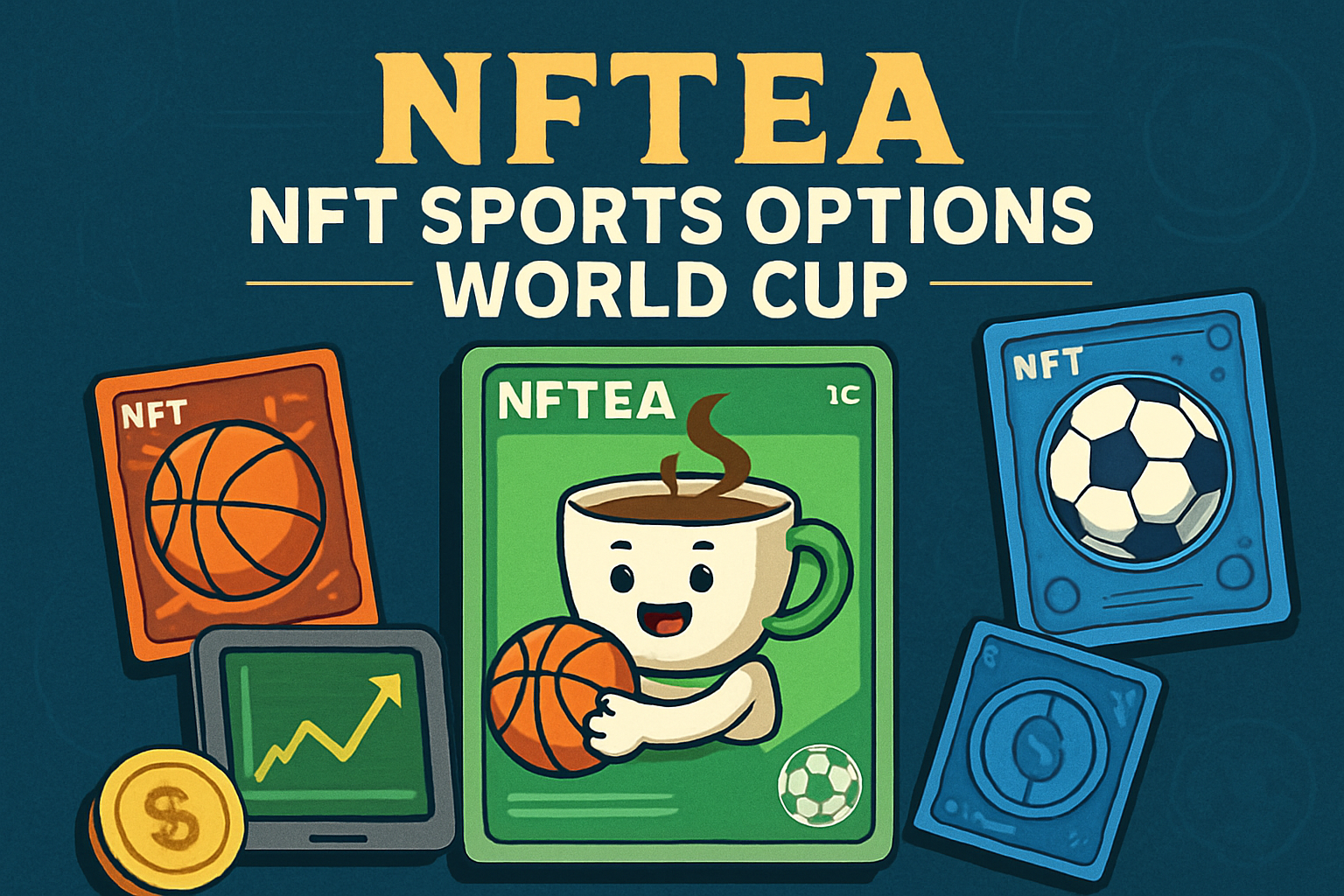
NFT-Based Options and Betting Mechanisms: Projects such as NFTEA offer decentralized NFT options tied to tournament outcomes, allowing users to trade and exercise team-based NFTs for potential equity income.
-
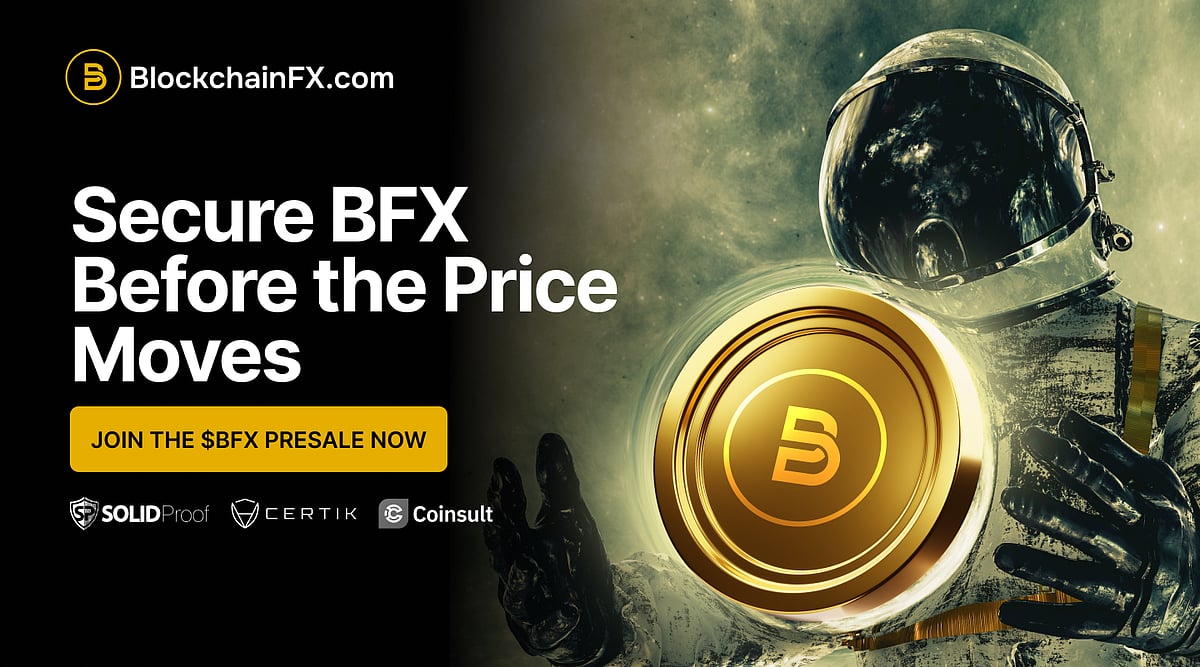
Multi-Chain and Cross-Chain Integration: Collaborations like Multichain x LIFI x Krystal campaigns bridge assets across multiple blockchains, increasing accessibility and interoperability for World Cup tournament participants.
-
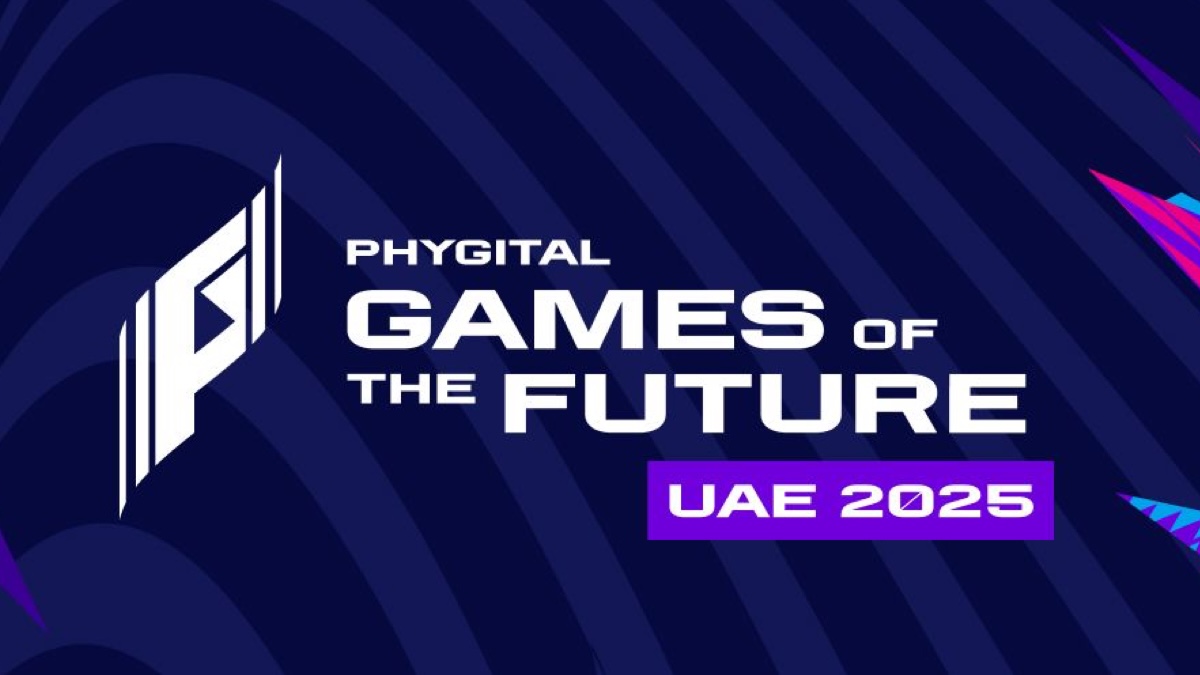
Phygital Sports Tournament Formats: Events such as the Games of the Future blend physical and digital competitions, enabling participants to compete in both real-world and virtual sports environments.
-
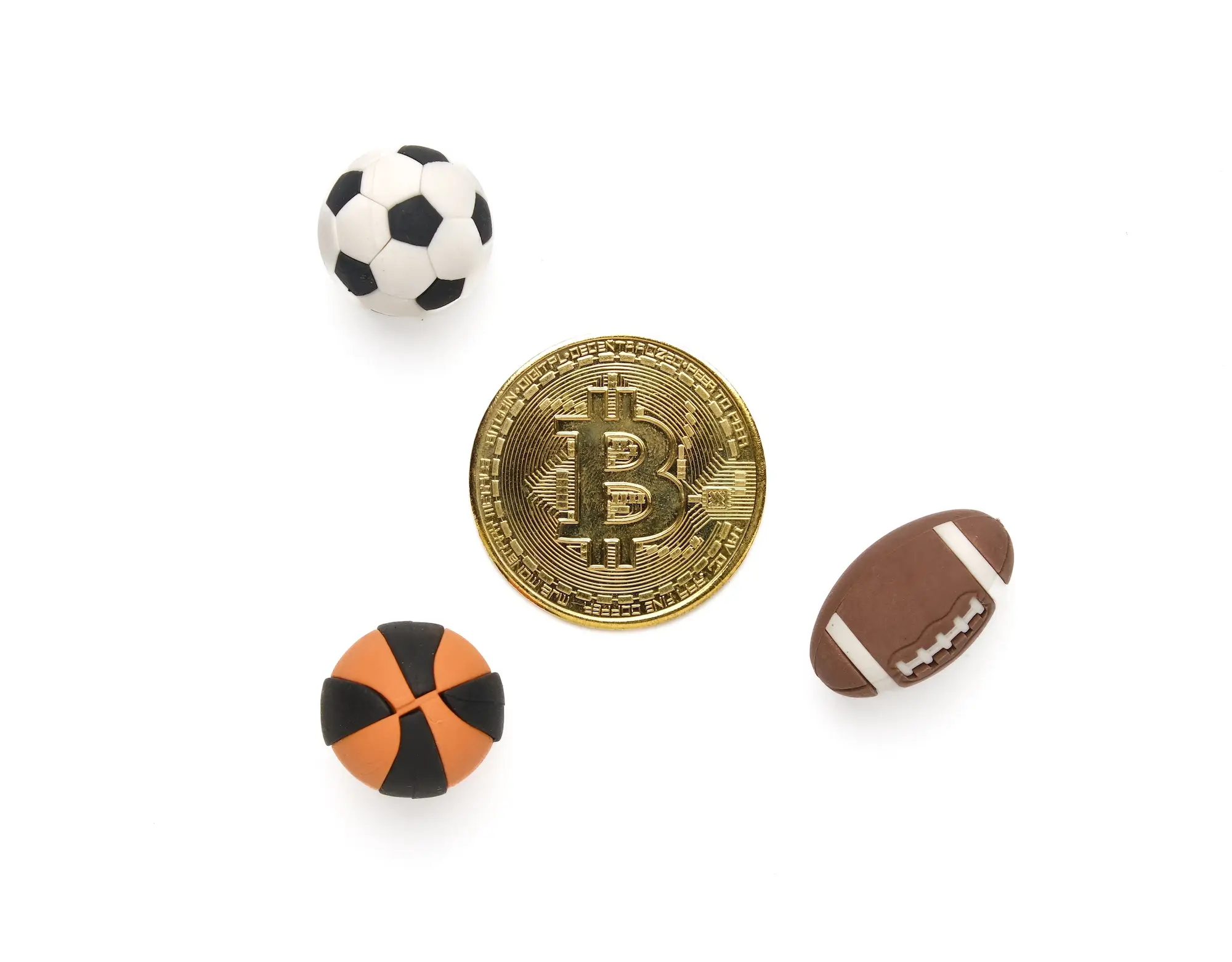
Enhanced Transparency and Security: Blockchain’s immutable ledger and smart contract automation ensure all transactions, rules, and outcomes are publicly verifiable and tamper-proof, reducing fraud and manipulation risks.
-
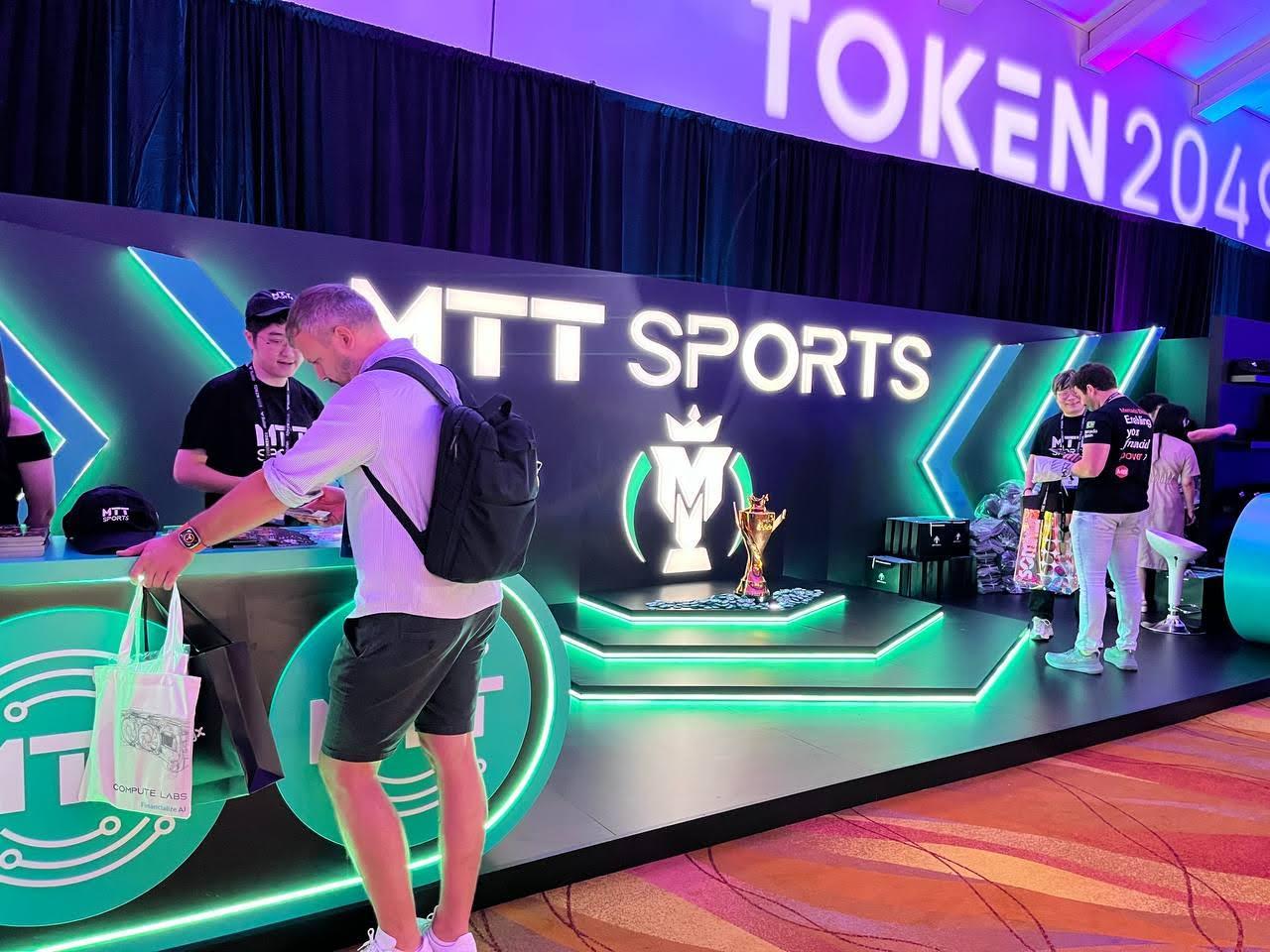
Global Accessibility and Inclusivity: On-chain platforms remove geographical barriers, allowing participants worldwide to join tournaments and access rewards, fostering a more inclusive sports ecosystem.
The core innovation behind these decentralized sports competitions lies in their architecture:
- Decentralized Ticketing and Rewards: Platforms distribute tickets and prizes using smart contracts, ensuring fairness and instant settlement.
- NFT-Based Options and Betting: Projects such as NFTEA have introduced NFT options products tied directly to tournament outcomes. For example, during the 2022 World Cup, users could purchase NFTs representing different teams; these were tradable on secondary markets like OpenSea and exercised at tournament end for equity income.
Explore NFTEA’s approach. - Multi-Chain Integration: Campaigns from Multichain, LIFI, and Krystal bridge assets across blockchains, Layer 1s and Layer 2s alike, making it seamless for users to participate regardless of their preferred network.
See how cross-chain campaigns work. - ‘Phygital’ Experiences: Events like the Games of the Future blend physical sports with digital gameplay, creating hybrid competitions that blur traditional boundaries.
The Benefits: Transparency, Security and Global Access
The advantages of on-chain World Cup tournaments go beyond novelty, they address many pain points endemic to legacy systems:
- Transparency: Every transaction and outcome is recorded on a public ledger. This not only deters fraud but also allows fans to verify results independently, a marked improvement over opaque governing bodies.
- Decentralization: By eliminating intermediaries (ticket vendors, payment processors), blockchain platforms enable direct interaction between organizers and participants.
- Security and Automation: Smart contracts enforce rules automatically, from distributing prize pools to settling bets, making manipulation nearly impossible.
- Global Accessibility: Anyone with an internet connection can join in, from Abu Dhabi to Buenos Aires, without worrying about currency conversion or local restrictions.
This level of openness is especially compelling given the rise of cumulative points-based club championships seen in events like the Esports World Cup. Teams accumulate points across multiple games hosted in different locations, mirrored digitally through interoperable blockchains that track performance transparently.
Multi-chain sports tournaments are not just a technical upgrade, they represent a philosophical leap for the sports industry. Instead of relying on a single governing body or centralized database, results and rewards are now determined by consensus, visible to all, and resistant to tampering. This is particularly relevant as tournament structures become more complex, with clubs and players often participating across several games and regions simultaneously. The blockchain ensures that even in cumulative points systems, where only the highest score from an organization counts, the process remains auditable and fair for every stakeholder.
How Fans Shape the Game: Blockchain Sports Voting
One of the most exciting frontiers enabled by on-chain World Cup innovations is blockchain sports voting. Smart contracts allow fans to participate directly in governance decisions, ranging from MVP awards to rule changes or even which venues host the next round. This participatory layer increases fan engagement and gives supporters a tangible stake in the outcome of their favorite competitions.
Projects experimenting with decentralized autonomous organizations (DAOs) are already piloting these concepts, letting token holders propose and vote on tournament formats or prize distributions. As this technology matures, expect fan-driven governance to become an integral part of multi-chain sports tournaments, blurring the line between spectator and stakeholder.
Challenges Ahead: Adoption, Regulation, and Scalability
Despite their promise, decentralized sports competitions face some hurdles before reaching mainstream adoption. Regulatory clarity remains elusive in many jurisdictions, especially regarding betting markets and NFT-based financial products. Scalability is another challenge, major tournaments can generate thousands of transactions per second during peak moments, testing even robust Layer 2 solutions.
Additionally, onboarding non-crypto-native fans requires intuitive user experiences that abstract away wallet management and transaction fees. Leading platforms are addressing these pain points through fiat onramps, social logins, and gasless transactions, but there’s still work ahead before seamless mass participation becomes reality.
What’s Next for Multi-Chain Sports Competitions?
The next wave of innovation will likely see deeper integration between physical events and their digital twins, a true merging of phygital experiences where achievements on the field instantly update on-chain records. As cross-chain infrastructure matures, expect more fluid movement of assets (tickets, NFTs, rewards) between networks without sacrificing security or transparency.
Should blockchain-based voting decide key outcomes in World Cup tournaments?
On-chain World Cup tournaments use blockchain for transparency, security, and decentralization. Some propose using blockchain voting to decide crucial tournament results. Would you support this approach for major sports events?
For fans eager to get involved today, opportunities abound, from competing for RTBs with Funtico Sports to trading NFT options with platforms like NFTEA. As always in Web3, staying informed about platform reputations and understanding smart contract mechanics is essential for safe participation.
The future of global competition belongs to those who embrace transparency and inclusivity. On-chain World Cup tournaments aren’t just a technological experiment, they’re a blueprint for how sports can be more open, secure, and community-driven at every level.



